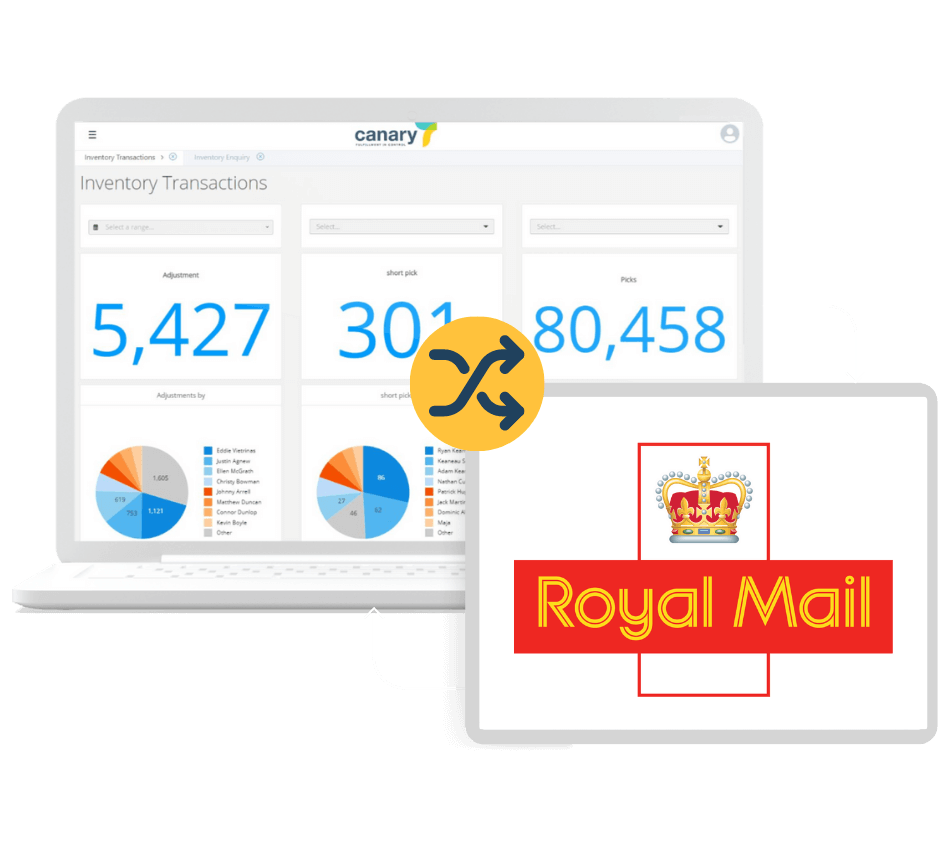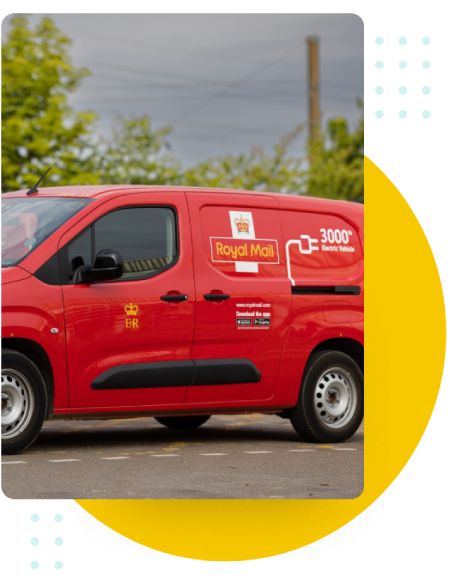Royal Mail Services
The Royal Mail services include the following:
Universal Service
The universal service, which allows articles of a certain size to be sent to any place within the United Kingdom for a set fee that is unaffected by distance, must be maintained by Royal Mail in accordance with the legislation. The universal service would be provided by Royal Mail till at least 2021, according to the Postal Services Act of 2011.
This means that as per the law, the Royal Mail is the designated provider of the universal service, and hence it has the responsibility to deliver certain products regardless of the sender’s or the recipient’s location. Following this, even people in remote areas can benefit from the Royal Mail’s services.
Special Delivery
For a higher fee, Royal Postal Special Delivery is an expedited mail service that ensures delivery by 1 p.m. or 9 a.m. the following day. There is a money-back guarantee in the case that the product does not deliver on schedule. It covers products with a value of up to £2,500 for commodities insured before 9 a.m. or after 1 p.m. (for either service).
So, if you want to get something delivered urgently and want the item insured for that particular time, you can opt for the Special Delivery provided by Royal Mail that promises to send out your packages on time.
Business Services
Along with traditional stamped mail services, the Royal Mail also has a business mail division. Royal Mail’s business postal service is mostly used for PPI or franked mail, in which the shipper prints their own “stamp.” Either a printed label or a basic rubber stamp and ink pad are used for PPI mail. A specific franking device is used for franked mail.
If the sender prints an RM4SCC barcode or writes the address in a specific location on the envelope using a typeface that can be read by optical character recognition (OCR) equipment, bulk business mail utilising mail mark technology can receive discounts of up to 32%.
Prohibited Goods
Royal Mail will not carry a number of items which it says could be dangerous for its staff or vehicles. Additionally, a list of ‘restricted’ items can be posted subject to conditions. Prohibited goods include alcoholic, corrosive or flammable liquids or solids, gasses, controlled drugs, indecent or offensive materials, and human and animal remains.
Other than this, Royal Mail has tried multiple times to ban certain items, such as sporting forearms completely. However, these efforts have not come to fruition – Post comm believed that Royal Mail has not provided sufficient reasons behind banning these items.
So, for the most part, there are many items that you can send and receive using Royal Mail. This is of course a beneficial aspect for businesses because regardless of what your products are, you can send and receive them easily using Royal Mail.
Promotional Mail Delivery
Leaflets, brochures, catalogues, and other print items are sent to groups of residential and commercial locations determined by a postcode using Royal Mail’s “Door to door” service. The postal carrier makes these deliveries in tandem as part of their regular tour. Virgin Media, BT, Sky, Talk Talk, Farmfoods, Domino’s Pizza, Direct Line, and Morrisons are among the businesses that use the “Door to door” service. The service shipped 3.3 billion products in 2005.
Instead of utilising the UK Mailing Preference Service, Royal Mail runs its own opt-out database for the “Door to door” service. Consumers and consumer advocacy organisations have criticised Royal Mail for warning customers who choose not to use their service that they may miss important government information. Campaign messages and unaddressed government correspondence will still be distributed to clients even if they have opted out, according to clarification provided by the business in June 2015.





